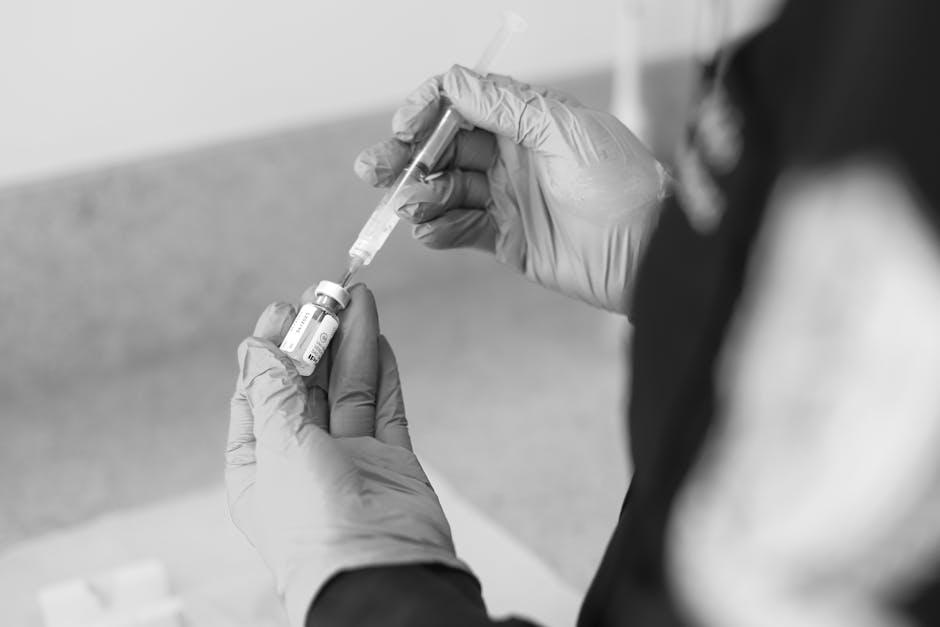
Don’t Fall for Fake Dentists Offering Veneers and Other Dental Work on Social Media – New York Post
Social media platforms like Instagram, Facebook, and TikTok have become a popular place for many things—including connecting with dental professionals. However, these platforms are also a breeding ground for fake dentists advertising veneers and other cosmetic dental services without proper credentials. The New York Post recently highlighted this alarming trend, warning consumers about the dangers of trusting unlicensed providers who promise quick, cheap, and flawless smiles.
Introduction: The Rising Threat of Fake Dentists on Social Media
With the explosion of cosmetic dentistry popularity, veneers and teeth whitening have become highly sought-after cosmetic procedures. Unfortunately, this demand has opened the door for unlicensed practitioners and scammers to exploit consumers by running fake dental practices online, often masquerading as legitimate dentists. These imposters use polished social media profiles and before-and-after photos to lure in unsuspecting clients, often resulting in botched treatments and serious oral health risks.
Why Fake Dentists Are Prevalent on Social Media
Social media’s visual nature makes it the perfect place for fake dentists to showcase their “work.” Here’s why scammers thrive in this environment:
- Easy visibility: Algorithms boost trendy cosmetic dentistry hashtags like #veneers or #smilemakeover, putting fake accounts in front of tens of thousands of users.
- Low entry barrier: Creating a convincing social media dental profile requires no formal dental qualifications.
- Instant credibility by photos: Photoshop-enhanced or stolen images help scammers build trust fast.
- Aggressive marketing tactics: Flash sales and “limited time offers” pressure consumers into hasty decisions.
Signs You Might Be Dealing with a Fake Dentist
Knowing how to identify fake dentists on social media can protect your oral health and wallet. Spot these red flags:
- No verifiable credentials: Genuine dentists display licenses and affiliations with dental boards.
- Unrealistic prices: Veneers typically cost from $800 to $2,500 per tooth; offers that seem unusually cheap are suspicious.
- Unprofessional communication: Poor grammar, lack of clarity, or no office contact details.
- No physical office address: If they only communicate via Instagram DMs or WhatsApp, beware.
- Pushy sales tactics: If they rush you into treatments or demand upfront full payment without adequate consultation.
Potential Risks of Receiving Dental Work from Fake Dentists
Ignoring these warning signs can lead to a host of problems ranging from cosmetic disappointments to serious health complications.
| Risk | Description | Possible Consequences |
|---|---|---|
| Poor Quality Materials | Use of substandard dental veneers and crowns that may be harmful. | Allergic reactions, decay, staining, or rapid wear of teeth. |
| Inaccurate Procedures | Untrained providers performing irreversible dental work. | Damage to enamel, nerve injury, and long-term oral health issues. |
| Lack of Sterilization | Poor hygiene practices and non-sterile equipment usage. | Oral infections, systemic diseases, and complications. |
| No Follow-Up Care | Absence of professional aftercare support. | Problematic veneers, pain, and untreated complications. |
How to Choose a Qualified Dentist for Veneers and Other Cosmetic Procedures
Making an informed choice can keep your smile safe and beautiful. Follow these practical tips:
- Verify licenses: Check your state dental board’s website to confirm a dentist’s credentials.
- Research reviews: Look at Google, Yelp, and Healthgrades for verified patient feedback.
- Request consultation: A reputable dentist will offer an in-person or virtual consultation before any work.
- Ask about materials & techniques: Understand the products and processes used in your treatment.
- Visit a physical office: Confirm the practice location and cleanliness standards.
Real-Life Case Study: When Social Media Veneers Go Wrong
A 28-year-old woman from New York decided to get full-mouth veneers from a social media dentist advertising a $50 per tooth deal. The excitement of quick results clouded her judgment. Post-procedure, she experienced severe pain, cracked veneers, and infected gums. Because the provider had no registered practice and disappeared after payment, she was forced to seek emergency dental care at twice the cost to repair the damage caused.
This case underscores why due diligence and professional care are non-negotiable when it comes to cosmetic dentistry.
Benefits of Choosing Licensed Dentists for Your Veneers
While reputable dentists might charge more upfront, the value and safety of your treatment are well worth the investment.
- Expertise: Trained professionals provide accurate, personalized dental care.
- High-quality materials: Access to FDA-approved veneers and products.
- Safe practices: Sterile environment minimizing infection risk.
- Long-term warranty and aftercare: Follow-up visits to maintain your smile.
Conclusion: Protect Your Smile, Avoid Fake Dental Providers on Social Media
Social media offers exciting opportunities to learn about cosmetic dentistry, but it’s also a minefield of potentially harmful scams. The New York Post’s coverage highlights a growing problem nationwide: unlicensed “dentists” exploiting vulnerable consumers with cheap veneer offers and false promises. To protect your oral health and your wallet, always verify credentials, seek multiple opinions, and prioritize treatment from licensed dental professionals. Your smile deserves nothing less than safe, expert care.
Stay informed, stay cautious, and don’t fall for fake dentists on social media!


